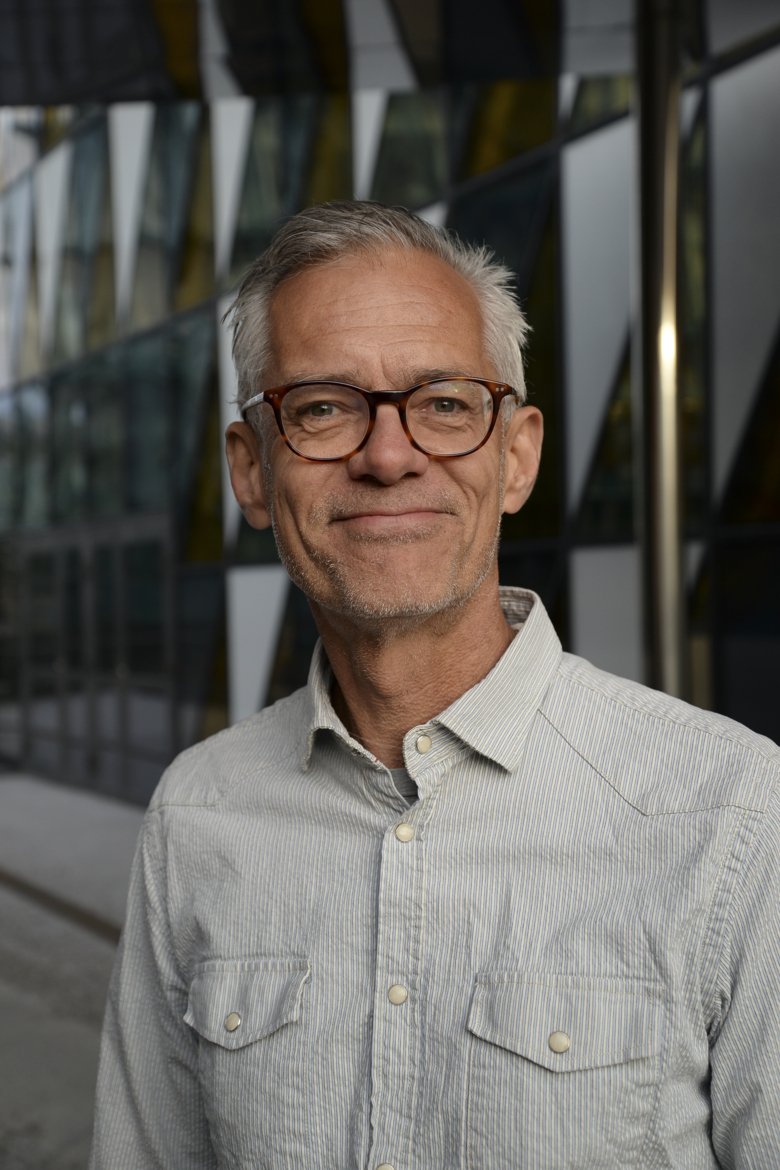More efficient help in disasters
When a society is shattered into rubble by a disaster, people generally want to help. But without knowledge and coordination, the efforts are often misdirected. Johan von Schreeb conducts research on how global disaster medicine interventions can be made more efficient and effective.

What are you researching?
“My research concerns global disaster medicine: what are the impacts on health of various types of disasters and how should health care interventions be designed to ensure optimal impact depending on the context? This is a relatively new academic field of study. In the past it was sufficient for health-care interventions to be guided by good intentions, but now it is the results rather than the intentions that are in focus. My doctoral thesis from 2007 showed that international field hospitals arrived too late to save lives and were ill-suited to cover domina-ting health problems. Since then, together with the WHO, we have developed and implemented a system for rapid mobilisation of field hospitals that live up to pre-defined standards.”
What have you achieved so far?
Immediately after a disaster, a rapid needs assessment is required, combining information on the vulnerability of the impacted area and the scale and type of disaster as well as the estimated number of affected. Earthquakes, tsunamis, wars and epidemics have distinctly different health effects. In addition, needs vary greatly depen-ding on the affected country’s socio-economic situation. Thanks to this knowledge, we can now quickly assume the main health needs. In addition, we have increased our under-standing about treatments and prio-rities that are effective following dis-asters, which are always characterised by a lack of resources. Two of my doctoral students have written theses on how to simplify triage – that is assigning degrees of urgency – to injured arriving at hospitals in India. Every year, one million people die of their injuries there; our research indicates that better triage might be able to save 250,000 of them.”
What are you currently working with?
“At the moment, I am in Beirut for the WHO to coordinate international relief after the explosion in August, using the system we have developed. During the past six months, I have primarily worked with COVID-19 in Sweden. In ten days, we developed an online training that 160,000 health care workers have taken. Today, knowledge and experience from global disaster medicine is more relevant than ever, including even for healthcare in Sweden.”
Text: Anders Nilsson, first published in the booklet From Cell to Society 2020.
About Johan von Schreeb
Professor of Global Disaster Medicine at the Department of Global Public Health
Johan von Schreeb was born in Stockholm in 1961 and obtained his medical degree at KI in 1987. He got his MD license in 1991 and became specialist in general surgery in 1995. He has been engaged in research on global health, obtained his PhD at KI in 2007 and became an associate professor in 2012. Since 1989, von Schreeb has worked in a significant number of disasters in countries such as Afghanistan, Kenya, Pakistan, Haiti, Rwanda, Sierra Leone and Iraq.
Initially, he worked as a trauma surgeon and over time also in various managerial positions, including for the WHO. He is one of the founders of the Swedish branch of Médecins sans Frontières/Doctors Without Borders (MSF) and his research team is a WHO collaborative center in disaster medicine.
Johan von Schreeb was appointed Professor of Global Disaster Medicine at Karolinska Institutet on October 15, 2019.
